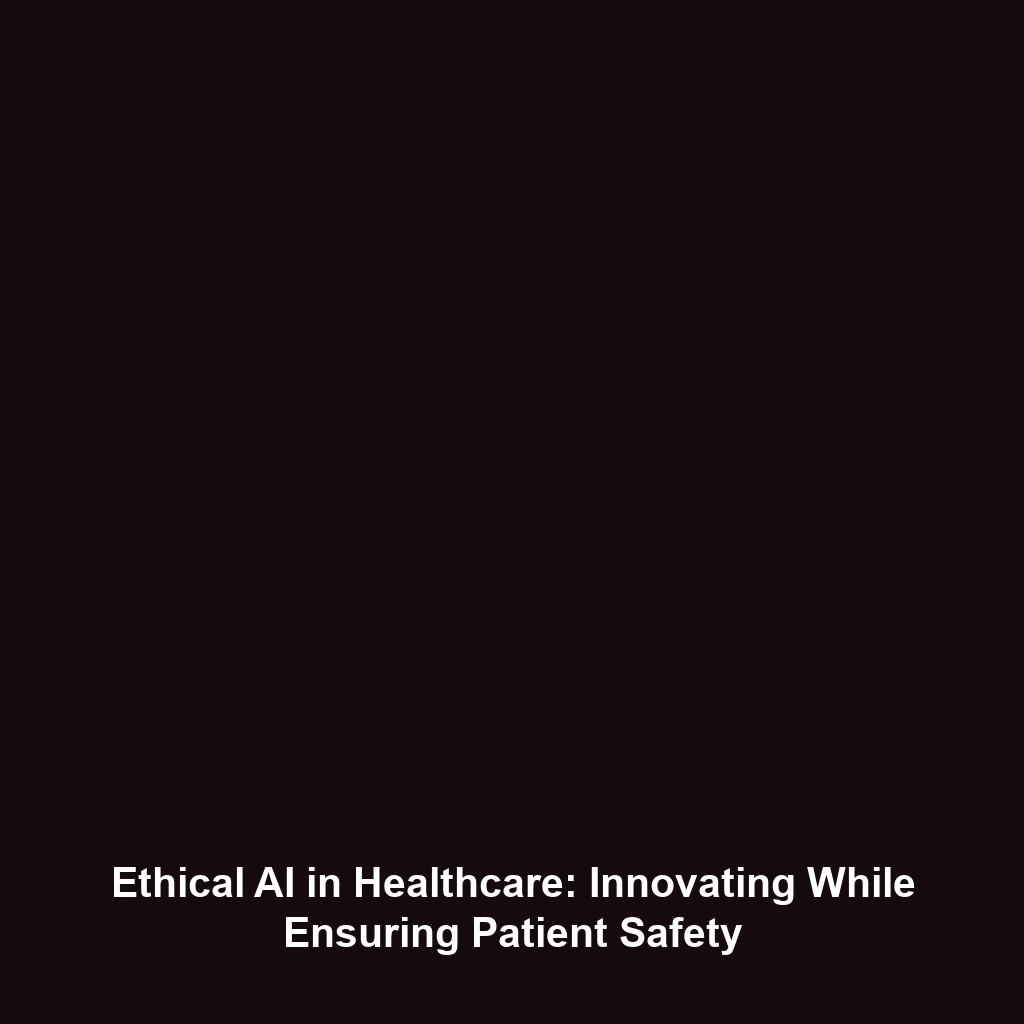Case Studies of Unfair AI Decisions in Policing, Hiring, and Financial Services
Introduction
The emergence of artificial intelligence (AI) has revolutionized various sectors, including policing, hiring, and financial services. However, the implementation of AI systems has raised significant ethical questions, particularly concerning unfair decision-making processes. Such case studies highlight the systemic biases embedded in algorithms that can perpetuate discrimination and inequality. Focusing on case studies of unfair AI decisions in policing, hiring, and financial services is essential to understanding their broader implications in the realm of AI ethics, ensuring that technology serves humanity justly.
Key Concepts
Understanding unfair AI decisions involves several key principles surrounding AI ethics:
- Bias and Discrimination: AI systems often learn from biased historical data, leading to unfair outcomes. For example, predictive policing algorithms may disproportionately target minority communities.
- Transparency: Many AI algorithms are “black boxes,” making it challenging to understand how decisions are made, which exacerbates issues of accountability.
- Data Privacy: The use of personal data in AI systems may infringe individual privacy rights, raising ethical concerns about consent and data usage.
Applications and Real-World Uses
The applications of AI in policing, hiring, and financial services underscore the necessity of scrutinizing their ethical implications. Here are some notable examples:
- Policing: AI tools like predictive policing software have been used to allocate resources based on crime forecasts. However, these systems have shown biases against minority groups, resulting in unjust policing practices.
- Hiring: AI-driven recruitment tools aim to streamline candidate selection processes. Yet, they often replicate existing biases found in previous hiring decisions, disadvantaging qualified individuals from diverse backgrounds.
- Financial Services: Credit scoring algorithms assess loan applicants’ creditworthiness. Studies have shown these algorithms may unfairly penalize certain demographic groups, limiting their access to financial resources.
Current Challenges
The study of unfair AI decisions presents numerous challenges, including:
- Data Quality: Poor data quality can lead to flawed decision-making, making it difficult to ensure fair outcomes.
- Regulatory Framework: A lack of comprehensive regulations specific to AI technologies has led to inconsistencies in ethical standards.
- Public Awareness: Insufficient public understanding of how AI systems work hinders accountability and dialogue about ethical practices.
Future Research and Innovations
Advancements in AI ethics research are crucial for improving fairness in decision-making. Upcoming innovations may include:
- Explainable AI: Developments in explainable AI aim to create transparency around decision-making processes, allowing stakeholders to understand how conclusions are drawn.
- Fairness-Aware Algorithms: Emerging research focuses on designing algorithms that actively counteract bias, promoting fair outcomes across various sectors.
- Ethical AI Frameworks: Collaborative efforts among tech companies, academics, and policymakers are underway to establish ethical guidelines governing AI use across industries.
Conclusion
Case studies of unfair AI decisions in policing, hiring, and financial services showcase the urgent need for a strong ethical framework governing AI technologies. As we adopt AI systems, recognizing their implications on fairness and equality becomes paramount. Moving forward, stakeholders must engage in open discussions to promote transparency, accountability, and innovation. For more insights into AI ethics and responsible technology, consider exploring our articles on Policing Ethics and Hiring Ethics.

